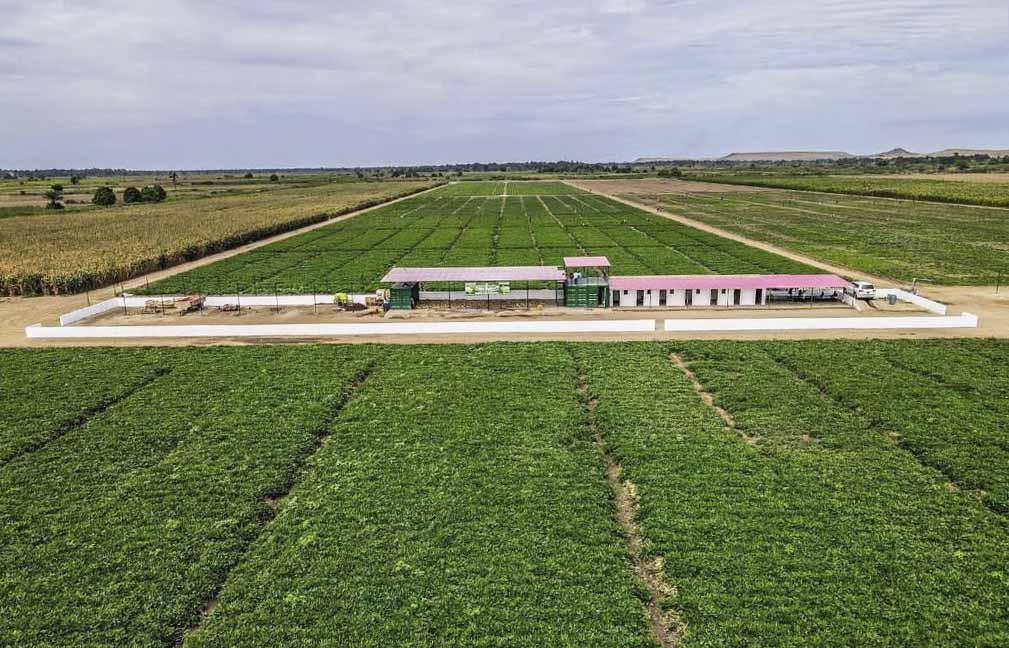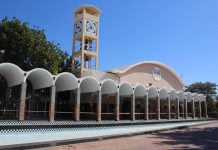Africa-Press – Botswana. The agricultural sector plays a crucial role in the socio-economic development of rural communities by providing food, income, employment opportunities, and improving livelihoods.
Speaking at the Sandveld Ranchers Association (SRA) Farmers Day on April 27, Minister of Agriculture, Mr Fidelis Molao, highlighted the challenges faced by the agricultural sector, such as diseases, fire outbreaks, droughts due to climate change, and poor management practices.
Mr Molao also emphasised the severe impact of drought in Botswana and Southern Africa, urging farmers to integrate fodder production into their systems due to the ongoing drought crisis.
In response to the current drought situation, the government has declared 2024 as a drought year, implementing relief measures including livestock feed subsidies, subsidies for non-traditional commodities like dairy, piggery, aquaculture, and poultry, as well as financial support for seasonal loans through agencies like the Citizen Entrepreneurial Development Agency (CEDA) and the National Development Bank.
He said efforts were also being made by the Botswana Vulnerability Assessment Committee (BVAC) to assess the drought situation and provide recommendations for addressing the crisis, potentially extending the subsidy program.
Mr Molao highlighted the adverse effects of veld fires on the country’s economy, particularly on the beef and tourism industries.
Areas like the Western Sandveld and Kaka ranches have been significantly impacted by veld fires, posing a threat to the vegetation and the beef industry.
He said sustainable measures need to be taken to mitigate the effects of drought and veld fires on Botswana’s agriculture sector and economy.
The Department of Forestry and Range Resources has embarked on a number of initiatives to prevent and control fires.
Furthermore the Minister stated that there was a road under construction through the Development Manager model from Kodibeleng to Makoba/Khwee junction covering 145 kilometers.
As a move to promote digitisation in livestock management, government has prioritised Lobu Small Stock Farm in the Botswana Digital Transformation Strategy to secure it as a pioneer in the use of Information Communication Technology in livestock production.
For his part, Mr Onalethata Pitlo from the Botswana Telecocommunications Corporation said the corporation has revised satellite Internet service offering to adapt it to the needs of the farmer.
He noted that VSAT satellite was initially solely an enterprise and government offering. However, a consumer and SME offering was introduced in 2019 and made their first visitation to the (SRA).
He said it was a strategic move that has since seen traction and had created more opportunities for both the BTC and the SRA farmer. Mr Pitlo said they have since acclimatised to the remoteness of the Sandveld environment.
He said BTC has created connectivity solutions over the last five years that had integrated with systems like MODISAR, SenseHub and BAITS, noting that a modern day farmer’s decision making was data driven.
He stated that the BTC satellite Internet supported implementation of sensors and IoT devices to collect data on various aspects of livestock farming, including environmental conditions, animal health and feed consumption.
For More News And Analysis About Botswana Follow Africa-Press






